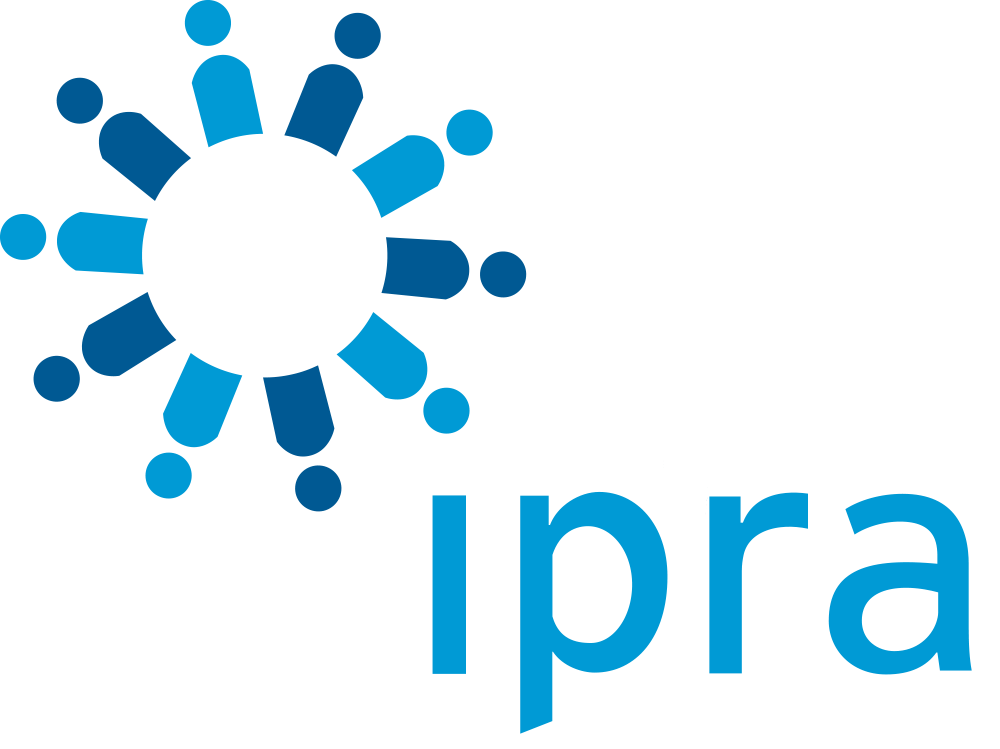ITL #638 Rewriting the rules of public relations in Central Africa: the gradual awakening of a diverse Generation Z
7 months ago
In Central Africa, rewriting the rules of public relations cannot happen without a sincere acknowledgment of local dynamics. By Benaja Nkemzikann.
This piece is a response to Samantha Strauss’ IPRA thought leadership essay on Rewriting the PR playbook for Generation Z. It was a pleasure reading her work.
Strauss’s analysis has strong heuristic value—it can serve as a guide, even a compass, for any professional seeking to deepen their communicational or managerial foundations. Her insights into Generation Z in Asia shed light on a global reality: a youth in search of meaning, truth, and authentic participation.
What Strauss describes resonates strongly with the young people of Cameroon and, more broadly, of Central Africa. However, the local context—shaped by unique socio-economic challenges, deeply rooted hierarchical structures, and persistent digital divides—calls for a more nuanced and contextualized reading of these ongoing transformations.
1. A connected generation…yet unequally equipped
Like in Asia, Generation Z in Central Africa was born into the digital era. They are active on social media, creative, alert, and sometimes activist-minded. However, this connectivity is undermined by profound disparities in access to digital infrastructure, electricity, and reliable internet. These gaps limit the widespread adoption of “real-time feedback” models or open self-expression in professional settings.
In Cameroon and Central Africa, the use of platforms like LinkedIn or Twitter to engage with brands or share employee experiences remains marginal, compared to what we see in Asia. Yet, a generational consciousness is clearly emerging—though it often manifests through less institutionalized and more grassroots platforms like Facebook and TikTok.
2. A desire to speak out within a culture of hierarchy and respect
Strauss’s piece rightly highlights the questioning of traditional hierarchies by Gen Z in Asia. In Central Africa, this questioning is more discreet—often internalized. Young professionals want to be heard, but they still operate in highly hierarchical systems, where speech is often reserved for elders, and respect and loyalty take precedence over transparency.
This doesn’t mean there are no expectations toward employers. Young people seek more participative management, recognition of their ideas, and a workplace that fosters personal growth. But these aspirations often run up against deep-seated organizational and cultural resistance.
3. Internal communication: from information to dialogue, a work in progress
The idea that internal communication should shift from a simple information channel to a space for dialogue is gaining traction among large African companies, particularly those exposed to international competition or ESG standards. However, in most SMEs, NGOs, or public institutions in Central Africa, internal communication remains top-down, minimally interactive, and rarely seen as a strategic tool for talent management or reputation building—though some organizations are beginning to explore this shift.
The concept of internal brand ambassadors, as mentioned by Strauss, is still underdeveloped. Yet, it could serve as a powerful lever for inclusion and organizational transformation—especially in a region where young people make up more than 60% of the active population.
4. From storytelling to Afro-organizational narratives
One key area of innovation for communicators in Central Africa lies in crafting storytelling rooted in African realities: stories of local impact, testimonials of resilience, and community-driven initiatives led by employees. In other words, the goal isn’t just to adopt pre-formatted narratives from the Global North or East, but to co-create authentic Afro-organizational narratives that unite young people around shared values and a sense of belonging.
The demand for authenticity, so central to Asian Gen Z, is equally relevant here. But in our context, it also means recognizing diverse cultural identities, local languages, and historical legacies. Communicating with Gen Z in Cameroon requires an ability to navigate between digital urban codes and deep community references.
5. Toward responsible and contextualized communication
Finally, Strauss’s call for bolder, braver communications is just as relevant for Central Africa, where issues such as sustainable development, governance, social cohesion, and diversity must be addressed openly. Yet, this boldness must be expressed through adapted language that reflects local political, economic, and cultural realities.
Despite the constraints, Generation Z in Cameroon is eager to contribute to change. They are ready to engage, co-create, and innovate—provided they are given the tools, the space to speak up, and a genuine role in reshaping communication strategies rooted not in imported models but in local dynamics.
Toward an African paradigm for generational communication
The realities outlined by Samantha Strauss are inspiring and insightful. They remind us of the importance of listening to our youth, trusting them, and involving them in the transformation of our organizations. But in Central Africa, rewriting the rules of public relations cannot happen without a sincere acknowledgment of local dynamics.
We must invent our own rules—built from our context, our strengths, and our aspirations. This is the challenge for African IPRA members today: to make global standards converse with local voices, and to construct communication practices that are more responsible, more inclusive, and proudly African.

The Author
Benaja Nkemzikann
Benaja Nkemzikann, Founder and President of the Association of Communicators Amarch (ACOMA), a network of communication professionals in Cameroon and Central Africa. IPRA, and ACOMA have signed a partnership agreement under which, inter alia, the organizations will exchange information, share publications and help promote the ethical development of the PR profession with our codes and guidelines.
mail the authorvisit the author's website
Forward, Post, Comment | #IpraITL
We are keen for our IPRA Thought Leadership essays to stimulate debate. With that objective in mind, we encourage readers to participate in and facilitate discussion. Please forward essay links to your industry contacts, post them to blogs, websites and social networking sites and above all give us your feedback via forums such as IPRA’s LinkedIn group. A new ITL essay is published on the IPRA website every week. Prospective ITL essay contributors should send a short synopsis to IPRA head of editorial content Rob Gray emailShare on Twitter Share on Facebook

